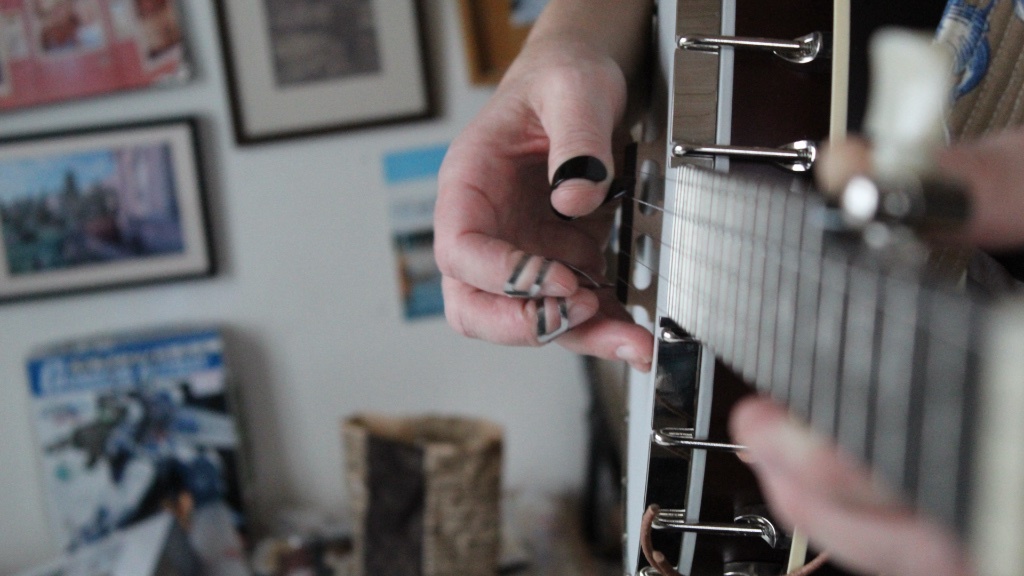Evaluating and refining improves your structure
Datum: 2025-08-25 09:51

When I worked as a quality manager many years ago I was often reminded that what we needed to raise the quality of our products and services was to evaluate how “well” we had done something and then refine how we did it so that it could be “better” next time.
For you who prefer listening to reading, this post is also available as an episode of the ""Done!"" podcast:
A cycle for improving quality
This method was familiar to me from reading about the classic quality model, the “Deming Cycle”, or PDCA cycle, as it is also referred to. The cycle consists of the steps Plan-Do-Check-Act which are intended to achieve never-ending improvement, but too many do not follow through and stop the cycle after Plan and Do. Some might even content themselves with just Do-Do-Do-Do and hope for improvement to happen on its own accord sometime in the future.
Around we go, over and over again
I am currently in a situation where the power of evaluating and refining becomes very clear and tangible to me. Without really knowing how it happened, I recently became interested in learning to play the banjo and am in the process of learning to play this peculiar instrument. The plucked arpeggios (also called “rolls”) made with plectrums on my right hand’s thumb, index‑, and middle finger are essential to the style of playing I want to learn.
The best way to practice rolls is to just play them over and over again, around and around, for hours on end. I did this and progress was, to say the least, slow. But, once I listened carefully to how it sounded (“Check”) and adjusted the position of a finger or tilted my hand slightly between every roll (“Act”) it made a distinct difference, and progress was suddenly made. After a while, it was as if the hand was playing arpeggios on its own accord that initially felt impossible to master. The small, conscious refinements made a difference. I have a long way to go, but I have already gotten further than I thought I would.
Instead of music: Refining
In all its simplicity, it reminds me that there are many recurring activities in the companies I work with that would become both easier and better if they were evaluated and refined more consciously and continuously.
Do this
Does my example ring a bell (pun intended) and you feel guilty of skipping the evaluating and refining (either personally or in terms of your whole organization) a bit too often, then get a structure-improving grip today by:
- Thinking about what recurring task or activity you do that could improve or get done better than you are currently doing it. It can be something you do once in a while or something you do together at your office. Perhaps you are even thinking of a recurring meeting?
- Think of a way to add a quick evaluation right after you have done the activity. It does not need to be a questionnaire or survey, but can be that you add a “How did it go and what could we do better?”-question at the end of the checklist you usually follow, that you add an “Evaluation”-item to the standard agenda, or that you pin a sign to the wall that reminds you to reflect briefly on how it went after completing a specific task.
- See if you can figure out when it is time to do the task next time right now so that you can prepare for also remembering to evaluate after it is done this time.
- When it is time to do it, try focusing a little extra on how you actually do the task or how the meeting is conducted so that it becomes easier to evaluate towards the end since you will have gathered thoughts and reflections while doing whatever it is you are intending to improve.
- Think of at least one way to refine your method or actions until the next time the task needs to be done. It does not matter if it is only something small — as long as you think of something. In the end, it is the small steps that eventually become big changes. In my book on simplifying your work, I write about how James Dyson made 5 127 prototypes with one small improvement made between each one before the first bagless vacuum cleaner Dyson DC01 was ready for the market. The persistent wins.
Better and better
If you evaluate and refine the things you do once in a while or often, you will continuously improve your work methods and your results too. If you and I are anything alike, you will also love the elation that springs from feeling and seeing how something becomes better and better, one day at a time.
What’s your way?
How have you made sure you also do the Check- and Act-steps of the Deming Cycle every time you do something (where you do the Plan- and Do-steps)? Feel free to write and tell me about it!
(Speaking of banjo, did you know we work better together with the right music?)
Looking for more?

If you want more tips on how to create good structure at work, there are many ways to get that from me - in podcasts, videos, books, talks and other formats.




